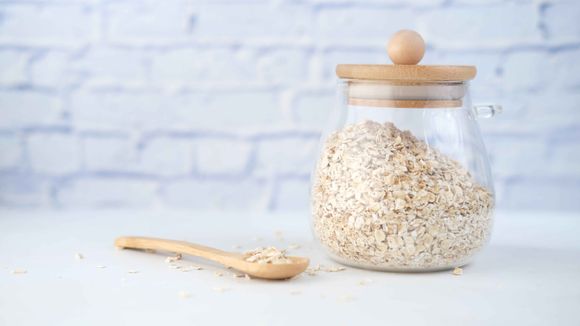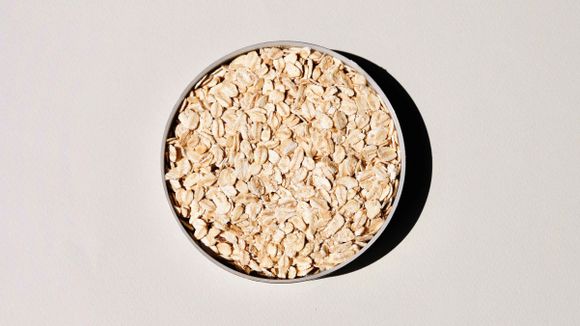What are oats and oatmeal?
Oats are whole grains known scientifically as Avena sativa. [ref. 1] Oatmeal, the most intact and whole form of oats, takes a long time to cook. For this reason, most people prefer rolled, crushed or cut into steel oatmeal.
Instant oatmeal is the most processed variety. Although it takes the shortest cooking time, the texture can be messy. Oats are usually eaten for breakfast as oatmeal, which is prepared by boiling oats in water or milk. Oatmeal is often called porridge.
They are also often included in recipes for muffins, muesli, biscuits and other baked products.
Oats and Oatmeal - What Are Their Health Benefits
The nutritional composition of oats is well balanced and fits perfectly into any diet. Oatmeal is a good source of carbohydrates and fiber, including the powerful fiber beta-glucan. They are also a good source of high-quality protein with the necessary balance of essential amino acids. [Ref. 2]
Oatmeal also provides important vitamins, minerals and antioxidant plant compounds. Half a cup (about 70 grams) of raw oats contains the following nutrients:
- Manganese: 63.91% of daily value (DV)
- Phosphorus: 13.3% of DV
- Magnesium: 13.3% of DV
- Honey: 17.6% of DV
- Iron: 9.4% of DV
- Zinc: 13.4% of DV
- Folate: 3.24% of DV
- Vitamin B1 (thiamine): 15.5% of DV
- Vitamin B5 (pantothic acid): 9.07% of DV
Whole oats are rich in antioxidants, including avenanthramides
Whole oats are high in antioxidants and beneficial plant compounds called polyphenols. The most remarkable is a unique group of antioxidants called aventramids, which are found almost exclusively in oats.
These antioxidants exhibit a strong antioxidant, anti-inflammatory and antiproliferative action, which can provide protection against various cellular dysfunctions and human pathologies, including diseases associated with aging. This in colloquial language means they provide an anti-ageing effect and protect against oxidative stress. [ref. 3]
Oats contain powerful soluble fibers called beta-glucan
Oats contain large amounts of beta-glucan - a type of soluble fiber. Beta-glucan is partially dissolved in water and forms a dense, gel-like solution in the intestine.
The health benefits of beta-glucosans include:
- decreased LDL and total cholesterol levels
- decreased blood sugar and insulin response
- increased sense of sity
- increased growth of good bacteria in the digestive tract (probiotic bacteria) [ref. 4]

Oats to lower cholesterol levels
Heart disease is the leading cause of death worldwide. One of the main risk factors is high cholesterol in the blood.
Many studies have shown that beta-glucan fiber in oats is effective in reducing both total and LDL (bad) cholesterol levels. Therefore, they should have a place in your diet if you want to protect your body from the harmful effects of high cholesterol. [Ref. 5]









